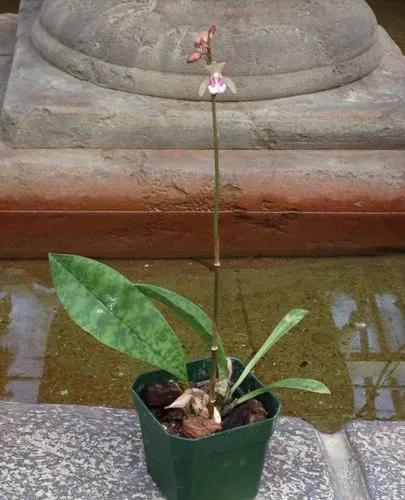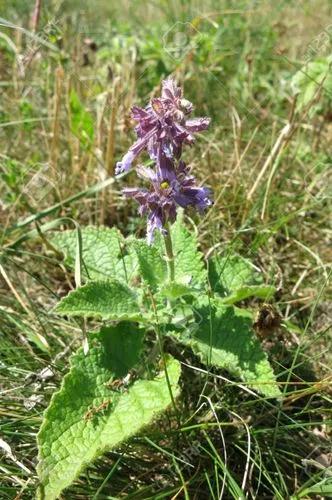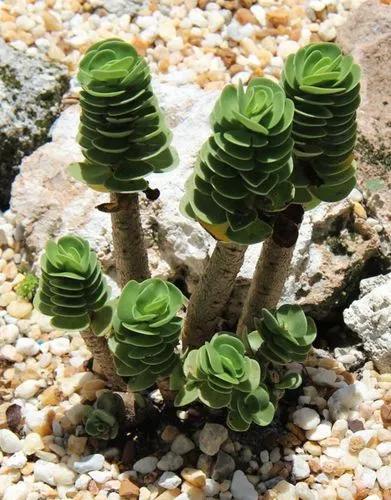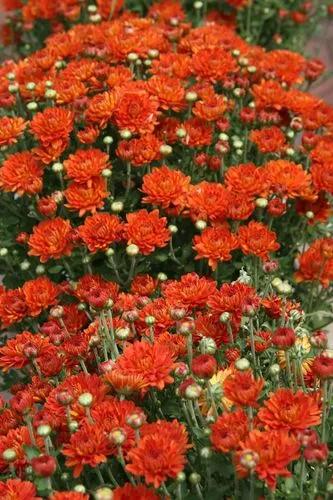Callisia is a genus of perennial, evergreen plants that belong to the family Commelinaceae. The genus includes several species which are native to tropical and subtropical regions of the Americas. They are commonly known as Inch Plants, Chain Plants, or Basket Plants.
Callisia Plants Care
Callisia



Callisia Plants can be identified by their small, delicate, white flowers. They have small, round, or oval leaves that are arranged alternately on the stem. The leaves are often used to create living chains or beads, which is why it is also commonly known as a "chain plant". They are also known for their trailing habit, which makes them a great choice for hanging baskets or as a ground cover. They are also commonly used in indoor or terrarium settings.
How to Care for the Plant

Water

These plants prefer well-draining soil and should be watered sparingly, allowing the soil to dry out slightly between watering.

Pruning

Pruning is unnecessary, but they can be trimmed back if they become too leggy or outgrow their container.

Fertilizer

They can be fertilized periodically with a balanced fertilizer, but too much fertilization can lead to leggy growth.

Sunlight

The plant prefers bright, indirect light but can tolerate low-light conditions. It is recommended to give them about 4-6 hours of sunlight per day.

Soil

A well-draining cactus or succulent mix is ideal for Callisia.

Propagation

Propagating is easy; they can be propagated by rooting stem cuttings in water or soil.

Temperature

The plants are hardy and can tolerate a wide range of temperatures, from cool to warm. They prefer temperatures between 60-80°F (15-26°C) and should be protected from frost.

Container

Use a well-draining container with drainage holes. The plant prefers to be slightly pot-bound, so it is best to choose a container that is only slightly larger than the current pot.

Fun fact

The leaves of Callisia are often used to create living chains or beads.

Popularity

172 people already have this plant 102 people have added this plant to their wishlists
Discover more plants with the list below
Popular articles






